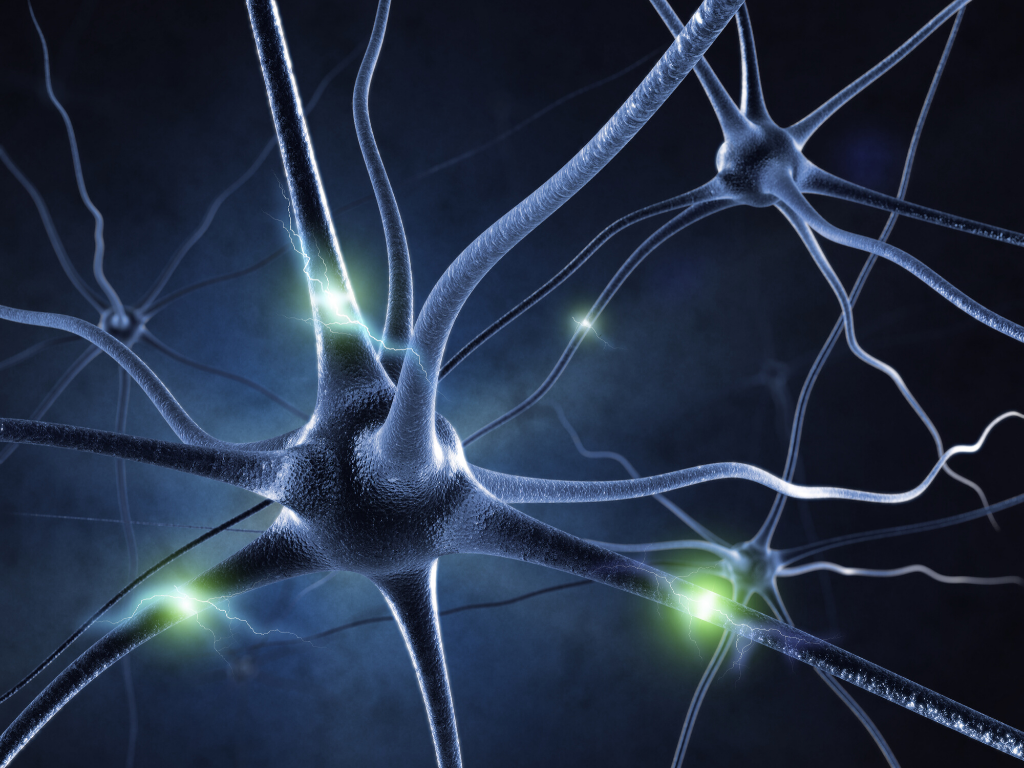
What is Passion?
We can feel curious about something and be attracted to other things, but what differentiates Passion is our intrinsic desire to nurture a topic and bond with it completely. This nurturing is found in the regular engagement in the things we innately care about. This engagement and activity increases the value of that subject matter over time, and can ultimately develop into a Passion. I call this the passion activation process. As Passion is never found in the thinking sense, but rather it is found in the activation. In the doing as an expression of the being that is involved.
So, is Passion Nature or Nurture?
The answer, perhaps unsurprisingly, is both. What has been found is that more than being something you love, Passion is an emotion that aggregates many individual elements inside of your brain and body. Each element is one part innate (inside of you), and one part environmental (outside of you). Passion forms through the interaction between the way you are wired (biology), your innate world view (constructs), and how well you align what you are great at with what you find important, interesting and authentically true to you into a tangible topic, activity or profession over time.
Passion and Neuro-science
Neuroplasticity is a popular conversation these days. It’s no wonder as the brain has been shown to change shape, and even develop volume just by the thoughts we have, the things we learn, and how we choose to engage with our environment (socially or other).
By engaging in the things we properly align to (values, ideals, strengths and interests – the building blocks of what we find meaningful) what we are essentially doing is carving a way for the brain to respond positively.
We have roughly 70,000 thoughts per day. By engaging in what we find meaning and interest in, causes us to think about that topic more. The more we think about that topic and evaluate it, the more neurons develop that subsequently interact with other neurons. These interactions then form different pathways leading us to worlds of wonder and excitement.
You are essentially creating a brain map that allows for chemical activation at each juncture point. Chemicals that reward you for finding (externally) and exciting (internally) your sweet spot.
Regularly exposing yourself to new activities, and engaging in things that make you curious is an effective way to activate those neuronal chemicals that create intrinsic feelings like excitement, and Passion.
Passion – our intrinsic Economic system
Passion is a form of motivation. Intrinsic motivation. Simply meaning, a type of economy our bodies has evolved to reward you for your work or effort. These rewards are so great in fact that people are motivated to persevere onward in an activity they are Passionate about. Defy odds, face all types of suffering and adversity and conquer what would seem like immobilizing fears, all in the name of Passion. The net result is that in this pursuit, they find higher meaning – a personal mission that is larger than who they are. Incurring a powerful emotion that enriches life by increasing its value.
What’s interesting is that the body has essentially evolved a mechanism that rewards you for work rendered. There are two great biological factors that move humanity forward. Survival and Passion. Both are powerful innate drivers that move us either away from danger (towards safety) or towards pleasure (and also towards progress). This is natures most brilliant navigation system at work.
Angela Duckworth in her book, ‘GRIT – The Power of Passion and Perseverance’ championed the case for igniting Passion. Her research proved convincing through doing several meta-analysis and studies done on the highest performers and achievers in society. Her findings were that two things, when found together, were able to predict (with high degrees of accuracy) a persons ability to succeed over the long term. Surprisingly it was not talent, skill or experience (the metrics of todays hiring process). They were however found in Passion and Perseverance.
Passion and Universal Psychological Needs
What makes Passion so interesting? Everything about it. But what is worthy to mention is that all humans are said to possess 4 Psychological Universal Needs according to Self-Deterministic Theory. They are Autonomy, Mastery, Purpose and Relatedness. Autonomy is defined as our freedom to chose our own direction. Mastery is defined as our need to do great work and excel. Purpose is that sense of meaning that we achieve. Relatedness is our tribe. Those people around us that support and love us, and that we support and love back.
The consequences of driving the things we align to with intention and conviction forward is that it provides a unique opportunity to fulfill or hit all of these four traits. It is through full self expression that we find new dimensions of living. New ways of being and a new relationship with self.
If Passion is the End, Alignment is the Beginning
Although Passion is interesting in many ways, it is important for us to remember that it is not a tangible thing that could be picked up or found. There is an imperfect question that circulates asking “where to find passion”, or “how to find it”. Although we know what the meaning is behind the question, it is extremely hard for anyone to solve this mystery if the right question isn’t being asked or even considered. The question is not how we ‘find’ Passion; the question is how we find alignment.
How you do that is to ‘know thy self’ (famous Greek aphorism) and apply that in practical and useful forms. Alignment starts at you and your unique combination of, again, your values, interests, ideals and natural talents. This form of alignment will pave a road to Passion if that is what you value.
To create even higher levels of impact, that is a sure fire way to get you passionate, is to find out where you can contribute all of those things in greater form to society.
This is the baseline that will move you in ways you never thought possible. I call it the ‘Compass 4 System’ and use it frequently with my clients. There are patterns found in this system that reveals 4 unique consistent traits that helps you know where to look and how to align.
What I have learned in my own journey, and now in the journey of others I serve – is that we don’t ever have Passion problems. What we have are alignment problems. Fix your alignments, and the symptom of that becomes Passion.
Published by
Founder @ The Passion Centre | We Conduct Programs that Launch Custom Passion Ventures + Align People To What They Love
